Welcome to our roundup of news and current events related to ethics and international affairs! Here’s what we’ve been reading this February:
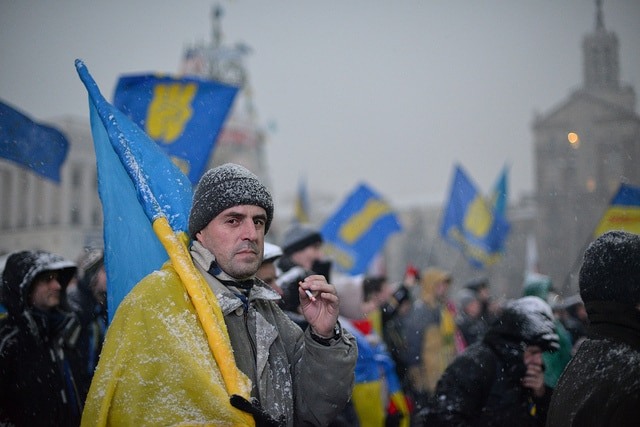 Photo credit: Ivan Bandura via Flickr
Photo credit: Ivan Bandura via Flickr
The Economist: As America and Russia talk, Ukraine fights
Unrest between Ukrainian troops and Russian-backed separatists reignited one day after a phone conversation between Donald Trump and Vladimir Putin, triggering speculation that Mr. Putin is seeking to test his American counterpart. Though the conflict has remained somewhat dormant in recent years, recent geopolitical developments may exacerbate tensions in the country.
Read more on the conflict in Ukraine in Ethics & International Affairs:
Ukraine: Obligated to Assist? by Nick Gvosdev
Ukraine, The Great Powers, Budapest, and Astheneia by Nick Gvosdev
Book Review: Conflict in Ukraine: The Unwinding of the Post-Cold War International Order
♦ ♦ ♦
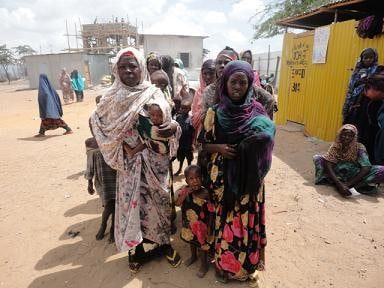 Photo credit: Centers for Disease Control.
Photo credit: Centers for Disease Control.
The Guardian: Somalia famine fears prompt UN call for 'immediate and massive' reaction
The UN is warning that more than 6 million people are facing acute food insecurity in Somalia. Severe drought, rising food prices and accessibility issues are causing humanitarian agencies to worry that the country could see a repeat of the 2011 famine, when an estimated 260,000 people died of starvation.
Read more on the politics of food security and aid in Africa in Ethics & International Affairs:
Hunger, Food Security, and the African Land Grab by Richard Schiffman
♦ ♦ ♦
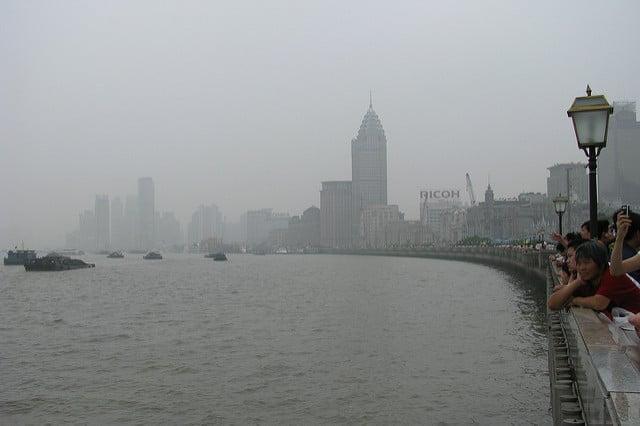 Photo credit: Peter Dowley.
Photo credit: Peter Dowley.
New York Times: 'Irrational' Coal Plants May Hamper China's Climate Change Efforts
Coal gasification is inefficient and emits higher levels of carbon dioxide than equivalent energy production methods. However, coal-to-gas plants are gaining popularity in some provinces of China, despite the country’s efforts to move away from the fossil fuel. The growing popularity of coal gasification highlights tensions between the Chinese central government, which has continued to voice support for the Paris Climate Agreement, and local leaders, who stand to benefit economically from the process.
Read more on climate change and fossil fuels in Ethics & International Affairs:
Why Fossil Fuel Divestment Is Working by Alex Lenferna
Roundtable: The Facts, Fictions, and Future of Climate Change, Issue 28.3
♦ ♦ ♦
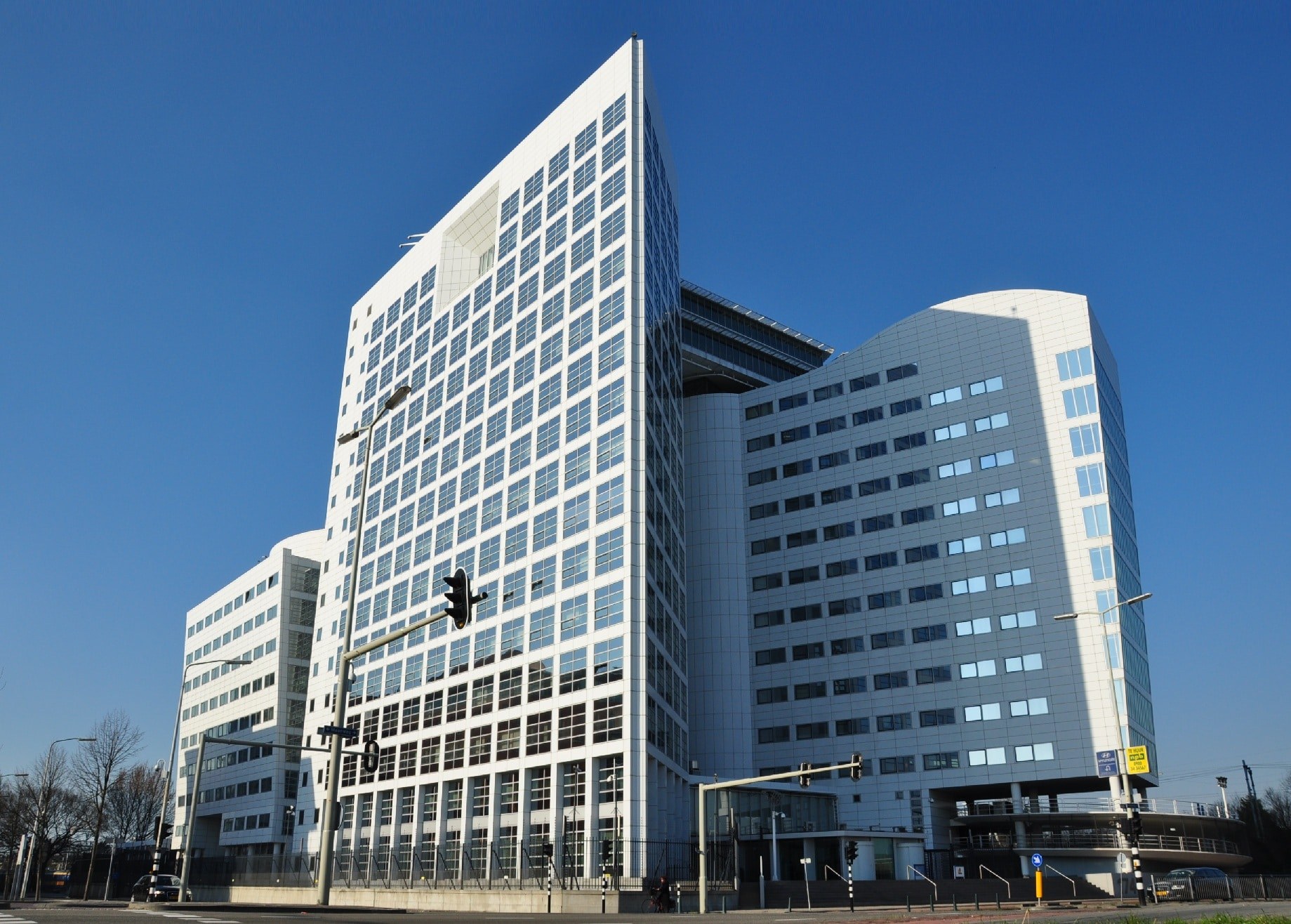 Photo credit: Vincent van Zeijst
Photo credit: Vincent van Zeijst
NPR: Under New Leader, Gambia Cancels Withdrawal From International Criminal Court
In a reversal of policy outlined by his predecessor, Gambia’s President Adama Barrow has confirmed that the country will remain party to the International Criminal Court. Former President Yahya Jammeh, who was recently ousted after refusing to step down after Barrow’s election, had criticized the court for being biased against African leaders and had initiated the withdrawal process.
Read more on the ICC in Ethics & International Affairs:
The ICC's Potential for Doing Bad When Pursuing Good by Benjamin Schiff
International Judges: Is there a Global Ethic? by Richard J. Goldstone
♦ ♦ ♦
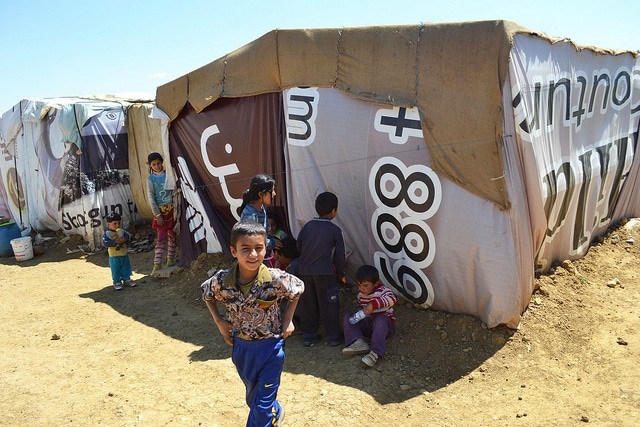 Photo credit: Eoghan Rice / Trócaire.
Photo credit: Eoghan Rice / Trócaire.
The Telegraph: The Muslim refugees converting to Christianity 'to find safety'
In Lebanon, hundreds of Syrian refugees are choosing to convert from Islam to Christianity. While converting to Christianity is rare in Syria, some refugees hosted in Lebanon are risking taboo in order to benefit from aid provided by Christian charities. Others see conversion as a way to improve their chances of gaining asylum in Christian-majority countries like the U.S. or Canada as Lebanon begins to decrease support for its large refugee population.
Read more on refugees and humanitarian aid in Ethics & International Affairs:
The Normative Terrain of the Global Refugee Regime by Alexander Betts
Self-Interest and the Distant Vulnerable by Luke Glanville
♦ ♦ ♦
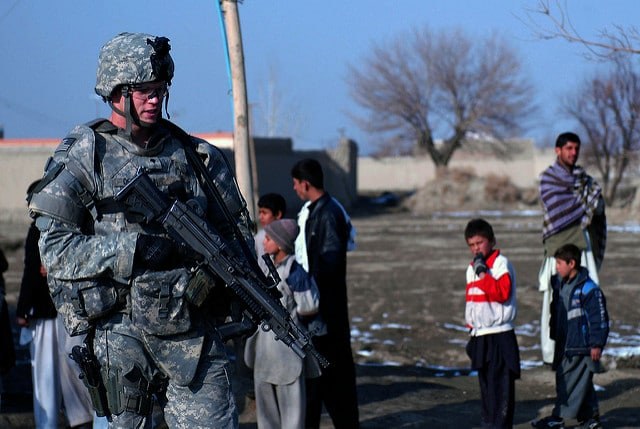 Photo credit: U.S. Army.
Photo credit: U.S. Army.
Voice of America: Top US General: Afghanistan War Still a 'Stalemate'
General John Nicholson told the Armed Services Committee that he believes U.S.-backed forces in Afghanistan have reached a stalemate that can only be broken with additional troops and offensive capability. The conflict, now in its 15th year, resulted in the deaths of at least 6,700 Afghan soldiers in 2016.
Read more on the war in Afghanistan in Ethics & International Affairs:
Proportionality in the Afghanistan War by Jeff McMahan
The Ethics of America's Afghan War by Richard W. Miller
♦ ♦ ♦
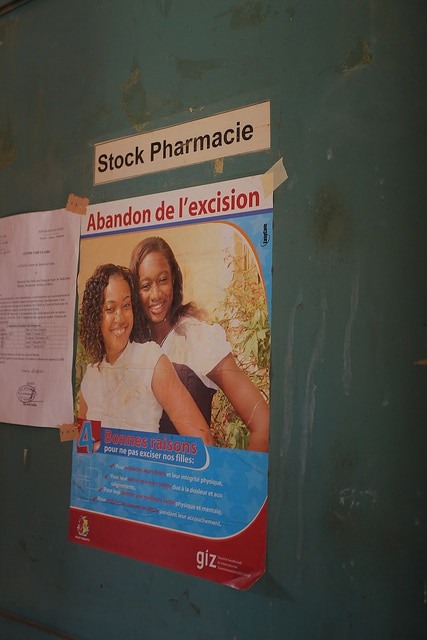 Photo credit: UNICEF.
Photo credit: UNICEF.
Reuters: "Medicalisation" of female genital mutilation is serious threat - experts
As the risks associated with Female Genital Mutilation (FGM) become more widely known, more parents are seeking to have the procedure performed in a clinical setting. This development worries aid organizations, which fear that the practice will grow as clinics start to profit from the dangerous procedure.
Read more on women's rights in Ethics & International Affairs:
Book Review: The Hillary Doctrine: Sex and American Foreign Policy
